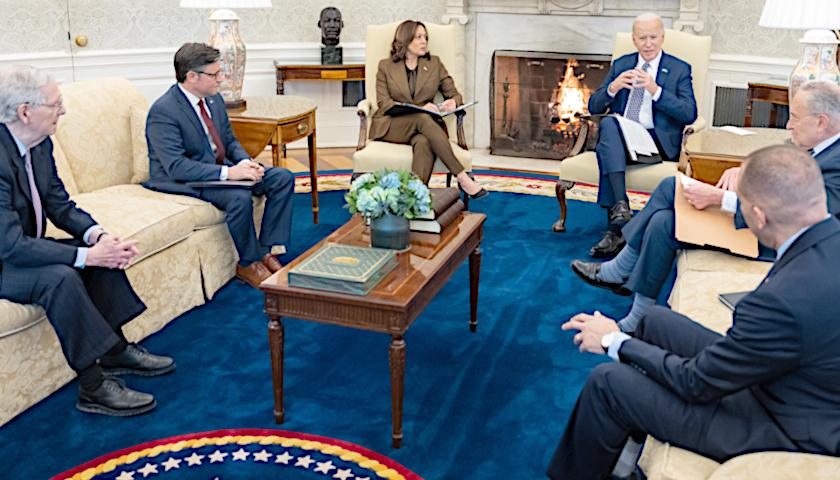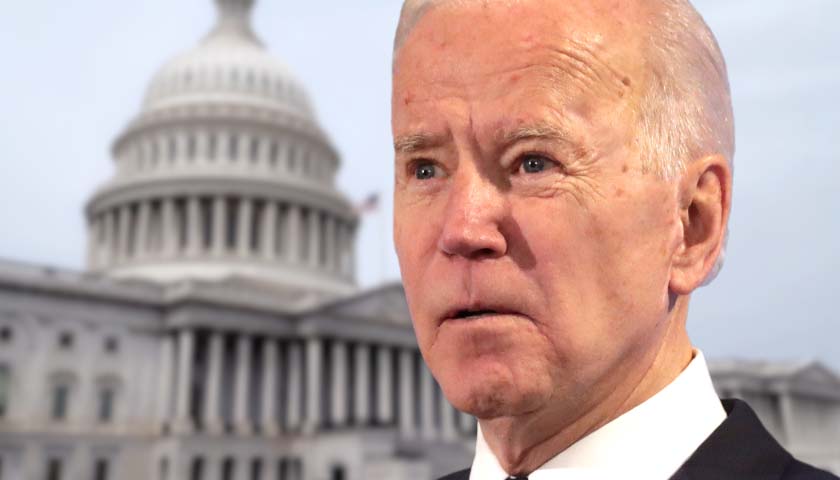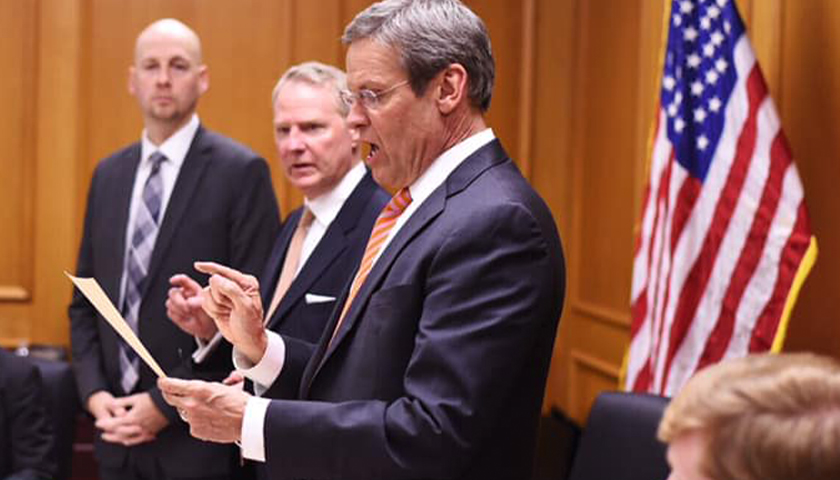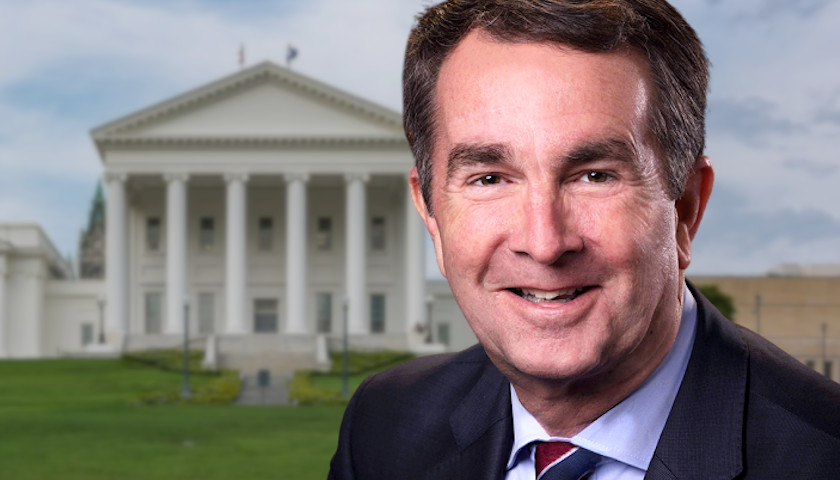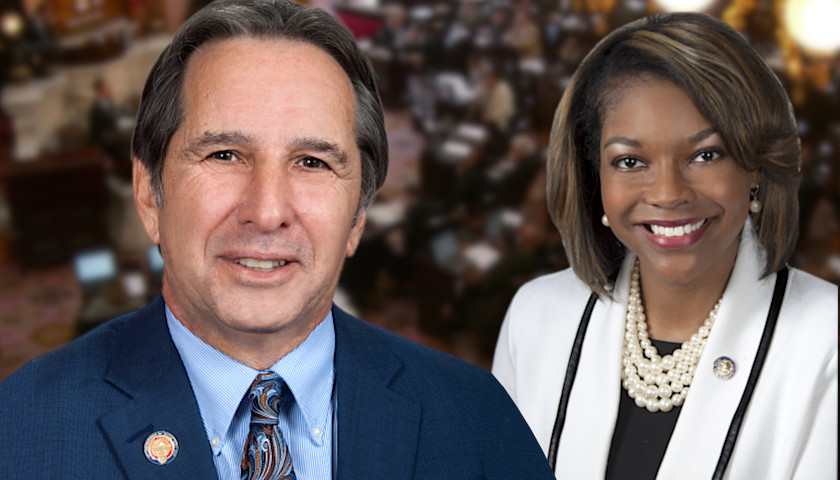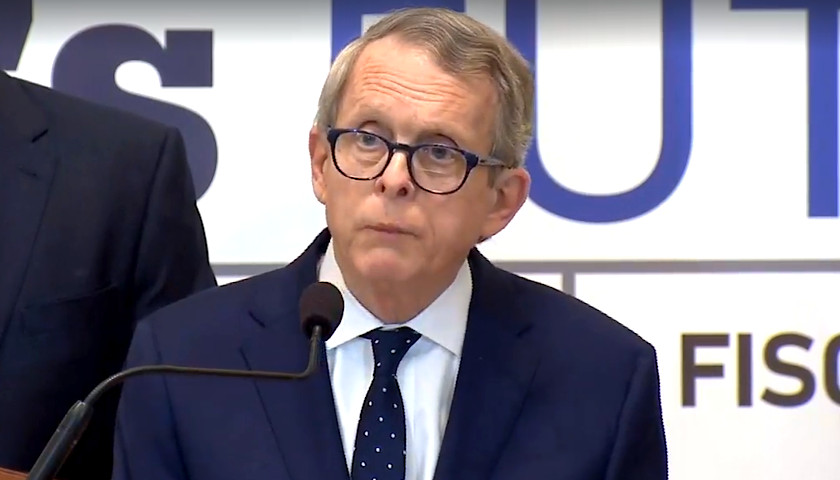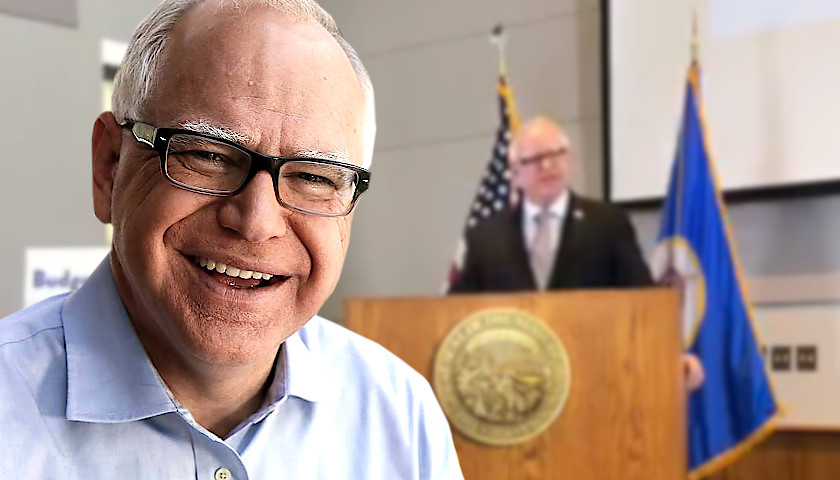Sixteen Republican state attorneys general are calling on Secretary of State Antony J. Blinken to take action against China and Mexico for their role in creating a fentanyl crisis in the U.S.
“China’s complete unwillingness to police the production and distribution of fentanyl precursors and Mexico’s subsequent failure to control illegal manufacturing of fentanyl using those precursors,” the attorneys general argue, poses a daily threat to Americans.
West Virginia and Arizona are leading the effort. Joining them are the attorneys general of Alabama, Alaska, Arkansas, Florida, Georgia, Indiana, Kansas, Kentucky, Mississippi, Missouri, Montana, South Carolina, South Dakota and Texas. They say they’ve witnessed an “extraordinary tide of senseless death from fentanyl” in their states.
Read the full story

